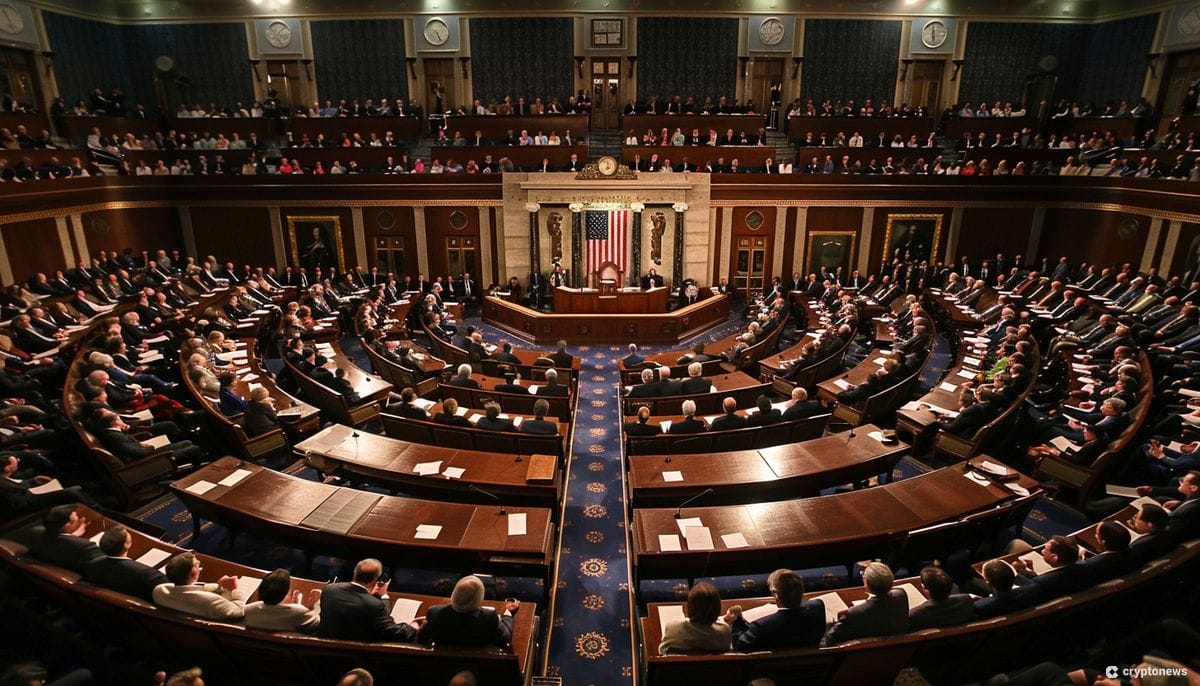The US House recently voted to approve a bill, known as the CBDC Anti-Surveillance State Act (HR 5403), that prohibits the Federal Reserve from issuing a digital dollar without explicit authorization from Congress. The bill passed with a vote of 216 to 192, with Republicans expressing concerns about potential government control over citizens’ finances with a US CBDC. House Majority Whip Tom Emmer, who introduced the legislation, argued that a digital dollar could be a “surveillance tool” for the government, allowing them to track transactions and potentially restrict activity they deem undesirable. Former President Trump has also been a vocal opponent of a CBDC, vowing to block its creation if re-elected.
The American Bankers Association (ABA) recently urged House leaders to support the bill, which aims to prevent the Federal Reserve from launching a digital dollar without congressional approval. This comes amid ongoing concerns about government overreach and surveillance with the introduction of a CBDC. The vote on this bill marks a significant difference from a prior vote where a bill focused on a fresh crypto market structure, the Financial Innovation and Technology for the 21st Century Act (FIT21), passed with bipartisan support.
Industry experts believe that the passage of the FIT21 bill is a landmark moment for the crypto industry, as it is the first time a bill solely focused on crypto market regulation has passed the House. However, challenges remain as the bill still needs to pass through the Senate and may face opposition from vocal critics like Senator Elizabeth Warren. President Joe Biden has also expressed concerns about consumer protections in the bill, suggesting that more work may be needed for it to become law. Overall, the industry is celebrating the passage of FIT21 but understands that the bill’s journey to enactment is far from over.
While the passage of the CBDC Anti-Surveillance State Act signifies a win for Republicans and others concerned about government surveillance and control over finances, the battle for crypto regulation is far from over. The passage of both bills reflects the ongoing debate and negotiation surrounding digital currencies and their regulation in the US. With various stakeholders voicing their opinions and concerns, the path to creating a regulatory framework that balances innovation, security, and privacy remains a complex and contentious issue in the crypto industry.
Ultimately, the recent House votes on the CBDC Anti-Surveillance State Act and the FIT21 bill highlight the importance of regulatory oversight and congressional approval in the development of digital currencies and crypto markets. As the industry continues to evolve and mature, finding a balance between innovation and regulation will be crucial for ensuring the stability, security, and growth of the crypto economy. With ongoing debates and potential challenges ahead, the future of digital currencies in the US remains uncertain, but the recent legislative developments offer important insights into the direction of crypto regulation in the country.




















